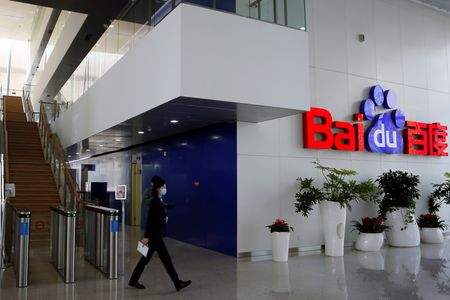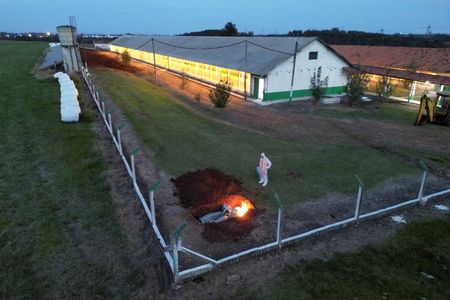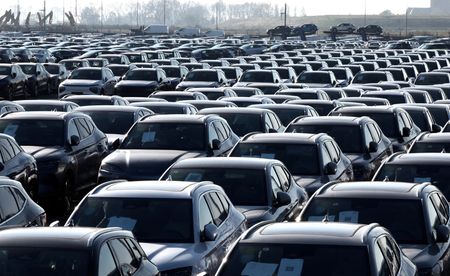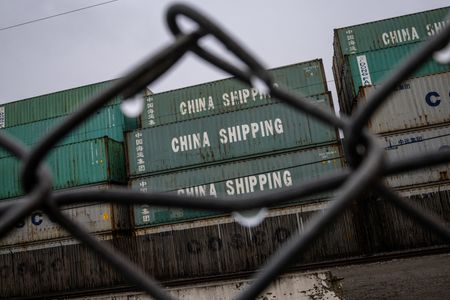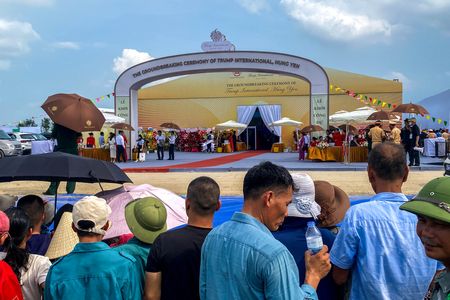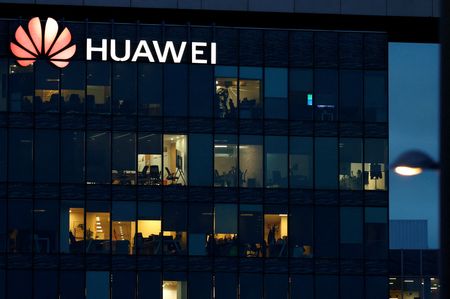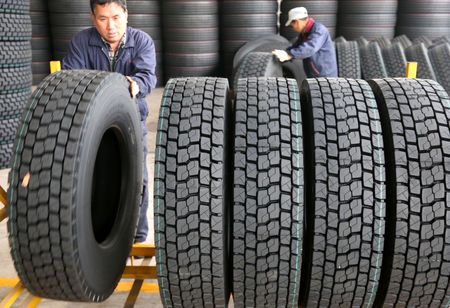MELBOURNE (Reuters) – Nyrstar, owned by global commodity trader Trafigura, could potentially produce the critical mineral antimony at its South Australian processing plant but would need government support to do so, its CEO Matt Howell said.
New supply of the strategic metal crucial to the production of ammunition, night-vision goggles, and infrared sensors is in high demand after China, the world’s biggest antimony producer, imposed export controls last year.
As part of a strategic review of Nyrstar’s Australian operations Trafigura is undertaking, Nyrstar found it would be able to produce up to 5,000 tonnes of antimony metal or antimony trioxide a year at its multi-metals processing plant in Port Pirie by adding an additional processing stage after lead smelting, the company said.
“We have the capability to produce a range of critical minerals including antimony to help meet global demand,” Nyrstar CEO Matt Howell said.
“However, it will require significant investments and support to address the unsustainable market pressures that Australian smelters are facing,” he said in a statement to Reuters on May 5.
Howell did not specify how much government funding would be necessary to support output at the Port Pirie site or when it could begin producing antimony metal.
Australia’s smelters are struggling with high domestic power costs and an oversupply of processing capacity in China that has squeezed the fees they can charge to process material.
The Australian government is offering billions of dollars in funding to support critical mineral processing.
“Antimony is defined as a critical mineral by the Australian Government, which provides a pathway to access substantial government support,” a South Australian government spokesperson said. He added that complex refineries were key to the state’s economy.
(Reporting by Melanie Burton; Editing by Christian Schmollinger)

